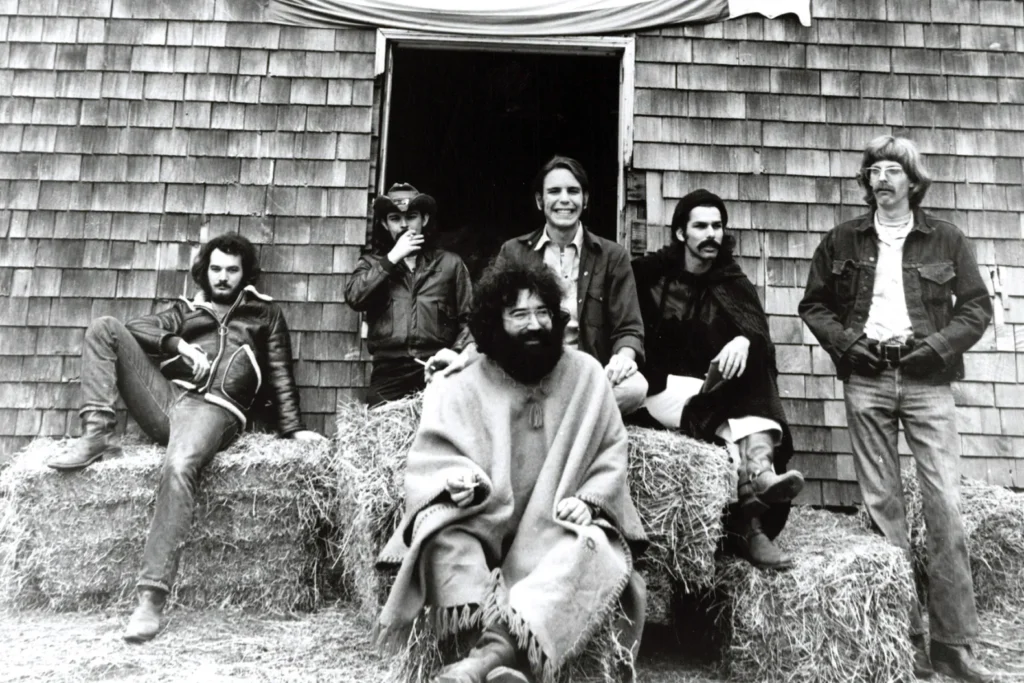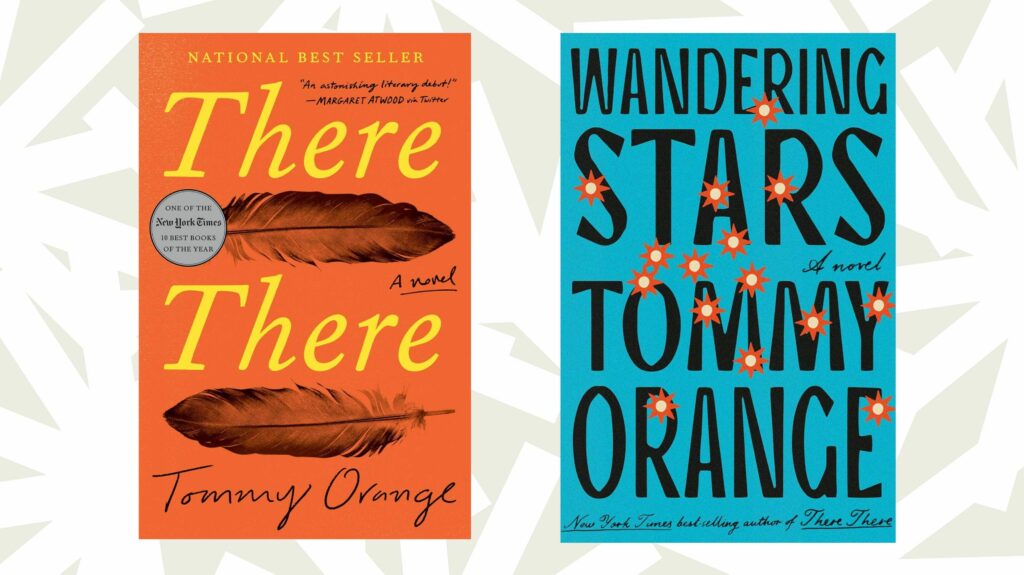 If you and your best friend could go anywhere in the world on vacation, and time and money were no object, where would you go? This is the question I once put to pairs of friends in a qualitative study.
If you and your best friend could go anywhere in the world on vacation, and time and money were no object, where would you go? This is the question I once put to pairs of friends in a qualitative study.
Now if you’re asking me, I would rattle off one exotic destination after another. Perhaps a trek to Machu Picchu, skiing in the Alps, renting a villa on Lake Como, a golf holiday to play St. Andrews and the other famous British Open courses, a month in the Greek Isles, a few months in Spain to learn the language, eat tapas and master the art of the siesta, or trips to India, China, Japan, Southeast Asia, the Scandinavian countries or other places I’d like to experience. Or maybe I’d just take a few years to do it all, traveling around the world without ever getting on a plane. I could go on and on.
But we didn’t get a lot of these responses. Rather, we got “Road Trip!” “We’ll just take off with no destination in mind and do what we want. She’ll drive and I’ll DJ.”
This was all about freedom and spontaneity. The prevailing thought was that making plans sets expectations and expectations are seldom met. On the other hand, the best experiences in life are never planned. They come out of nowhere to surprise and delight us. These experiences can form the foundations of new friendships or deepen old ones.
There are important lessons here for marketers, the most important of which is the concept of being in the moment. That “mindfulness” is now all the rage, bordering on cliché, does not make being in the moment any less important. Nor are the spurious arguments that limiting travel saves money or that fact-based quantitative research is “better” or more trustworthy than qualitative.
I’ve written extensively about the benefits – the necessity, really – of coming face-to-face with your consumers. It’s good to watch them from a back room in a research facility, and even better to sit in the same room with them in a casual setting. You can listen to their tone of voice, observe their body language, challenge their assumptions in the moment and follow the flow of the conversation to keep digging deeper.
Qualitative research done well can be felt in the gut. But it is best observed first-hand.
Reading a great novel or watching a seminal film can be moving, but reading the research report or watching the video just can’t match up to the experience of being there. We always talk about our brands’ relationships with consumers, but what kind of relationship do you want? A remote, arm’s-length association or a true connection?
It amazes me that companies believe that they’re “saving money” (on travel) with online focus groups or by having their people watch the livestream in the comfort of their home or office.
Imagine a world where relationships were conducted online. How would people bond without shared experiences? How could you really gauge chemistry in a friendship or a romantic relationship? Wouldn’t you feel lonely in your isolation and doomed to that irreversible slide down the slippery slope of attention deficit disorder?
I hear what you’re thinking. We’re already there. The sight of young people out for a night of fun, lined up on bar stools with their heads buried in their own phones rather than talking to each other is commonplace. Kids and teens don’t go out to play. They bunker down in their bedrooms for day and night-long texting sessions or to play video games with each other remotely.
But they still get out! The Millennials in the bar eventually will overcome their FOMO, talk to each other and likely make some new connections as well. Phone numbers and Instagram user names will be exchanged. The kids will see each other at school, on the playground, on the athletic fields and at parties. The human need for shared, high-touch experiences – dinners, drinks, live music, playing sports and games together, travel and more – will never go away. It’s why we still fill arenas for ball games and concerts and it’s hard to get a reservation at a decent restaurant on the weekend.
So, the question is, if brands have relationships with consumers, and you are the living, breathing, representatives of those brands, the people making the choices that will govern those relationships, why aren’t you showing up? Do you really believe that watching research on your computer screen is the same as being there? Does that stream have your full, undivided attention? Admit it. You’re only watching bits and pieces while you’re writing emails or otherwise distracted.
Still, there’s an even more important reason to show up. It’s because what happens in the “back room” with your marketing team is equally important to what goes on in the “front room” with respondents. And what’s more important than both is what goes on over drinks, at dinner, in airports and on the plane.
It boils down to a very simple equation that is impossible to replicate digitally:
Shared Experience + Collaboration x Time = The Best Possible Results
Call this the Road Trip Formula. We’re not quite setting out with no plans or no destination in mind, but we are creating the right environment for spontaneity, creativity and smart strategic thinking. A respondent says something, you talk about in the back room, it ruminates in your mind for a while, pops up later in a different context, your colleague puts yet another spin on it and voila! A marketing breakthrough! And you’re all bought into this idea, because you’ve shared the experience of it from start to finish. You know it’s right because you and your fellow team members feel it in your gut.
No matter how thorough and persuasive your final report may be, if your team isn’t completely united, laser focused and fully committed to its direction, your audience sense the divisions and react accordingly. Skepticism will rise and trust will fall.
This is an innovation killer.
If the marketing team isn’t on the same page – for the very simple reason that they were not invested enough in the process to attend groups and/or participate in the ongoing discussions that are necessary for strategic thinking to evolve productively – management will sense the team divisions, most likely resulting in a bad decision or no decision. You’re back where you started.
But congratulations, you did save a few thousand dollars on travel!
At the risk of offending current and potential clients who are ready to tell me that “I just don’t get it” and there are greater costs to having people out of the office than the price of hotels and airfare, I’ll respond with total conviction that their argument makes no sense whatsoever.
I’m a qualitative guy but let’s look at the numbers. Say you’re working on a brand that generates $100 million in revenue. It’s growing by 1% per year, but you’d like to grow at 2%. If you can make that happen, that’s an extra million dollars.
Very simply put, let’s say you spend an “extra” $20,000 to cover the travel expenses of four or five people. Keep in mind that this is 2018. They still have the time and access to do their other work because there is never a moment, not even on planes, when they are disconnected. Then, let’s kick in an extra day of focus groups to generate more “front” and “back room discussion” at a cost of $30,000.
What gives you a better chance of coming up with that idea – and being in stronger place to sell it through the layers of your company – to achieve your 1% increase in sales? Staying home and saving $20K-$50K? Or setting your people up for success by giving them the direct exposure to consumers and time together to develop the strategy and tactics that will get them there?
As my MBA friends like to say, that’s a “no-brainer.” (And I’m sure that this could be quantified. Any of my quant research colleagues out there up for a joint venture?)
Marketing magic – the fresh thinking that leads to groundbreaking ideas – is and will always be based on the quality of the people involved, put into the right environment with adequate time for their collaborations to flourish.
Screens are not the answer.



